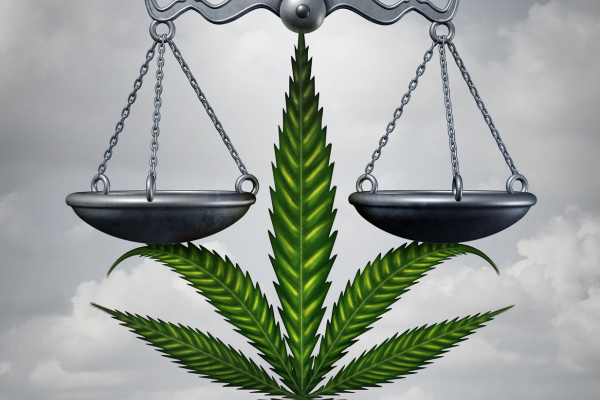
CuraLeaf, the largest multi-state cannabis operator in the US with over $300M in revenue during Q2 2021 continues to face fallout from the September 21st, 2021 Oregon Liquor and Cannabis Commissions (OLCC) recall of Select brand tinctures. This is not the first time CuraLeaf has come under scrutiny from a government agency. In July of 2019, the US Food and Drug Administration hit CuraLeaf with a warning letter based on unsubstantiated claims it was making on its CBD products. This resulted in CVS removing many of Cura’s products from its shelves, no doubt a blow to the organization. But this time is different.
Now, several weeks after this recall, Portland newspaper Oregon Live has confirmed reports of 3 people visiting the emergency room and one becoming admitted after consuming its CBD drops. The cause? The products were mislabeled, and actually contained THC. During the investigation, it was determined that there was a label mix up. As a result, the OLCC expanded its recall three days later to include THC drops which actually contained no THC.
Good Manufacturing Practices for Dietary Supplements (21 CFR 111) require businesses to “fill, assemble, package, label, and perform other related operations in a way that ensures the quality of the dietary supplement and that the dietary supplement is packaged and labeled as specified in the master manufacturing record”. This includes “Establishing physical or spatial separation of packaging and label operations from operations on other components and dietary supplements to prevent mixups”. Yes, cannabis products are not dietary supplements as made clear by the FDA in numerous reports. However, it is the fundamental principles of Good Manufacturing Practices that, if followed, could have prevented this issue that has now impacted the health of several consumers and eroded the trust of countless more.
Our team of experts sees poor labeling practices almost all the time. It is common for labels to be printed on demand without oversight by a Quality or Compliance Officer. Rolls of labels are often stored unsecured, sometimes on storage racks in the hallway. In a busy operation, it is all too easy for a technician to misunderstand instructions and inadvertently grab the wrong labels. Depending on the level of batch record review, this mix up can slip through the cracks. This is exacerbated with the large number of unique product types (or SKUs) that many cannabis businesses have in production at any one time.
So, what do you do? Review your current packaging and labeling process. Is there a process that ensures there is a physical or time based separation between the packaging of different product types? For example, only package CBD products on Monday and THC products on Tuesday. Who has access to labels? There should be a dedicated and qualified person that issues labels out to the operation line, and only after confirmation that the correct product is being packaged. This requires master batch records (MBRs) — also known as Master Manufacturing Records (MMRs). And we are not talking about your track-and-trace or seed-to-sale program.
The cost of not complying? Recalls, lawsuits, and more as evidenced in this most recent situation. In conclusion, packaging and labeling operations can appear to the untrained eye as the least complex part of an operation (no high pressure vessels, no engineers needed!), but is actually one of the biggest risks to your business. Don’t get caught with an easily preventable labeling mishap. Implement your GMP program today! Reach out to The GMP Collective to schedule a gap assessment to understand where your operation stands.